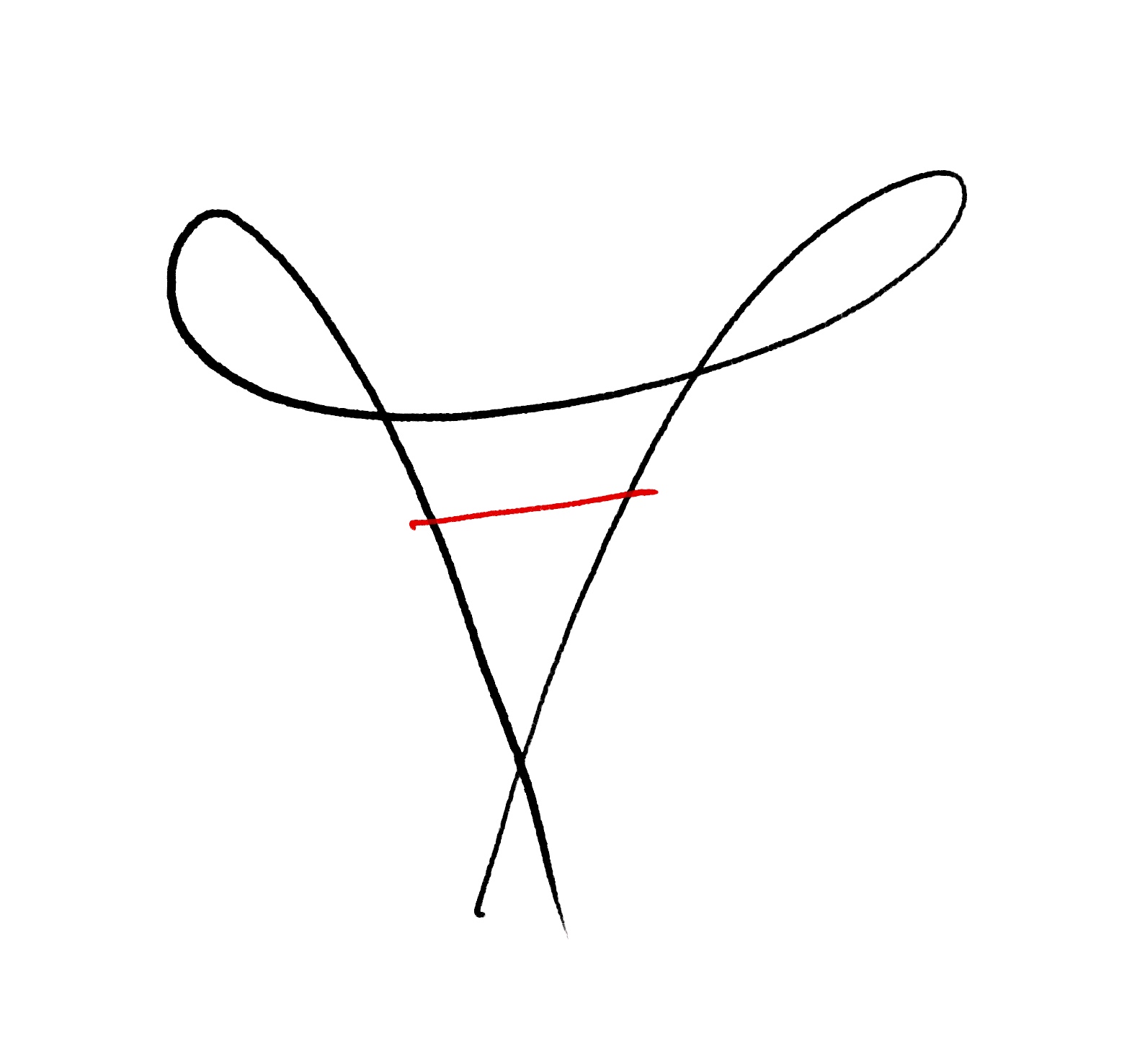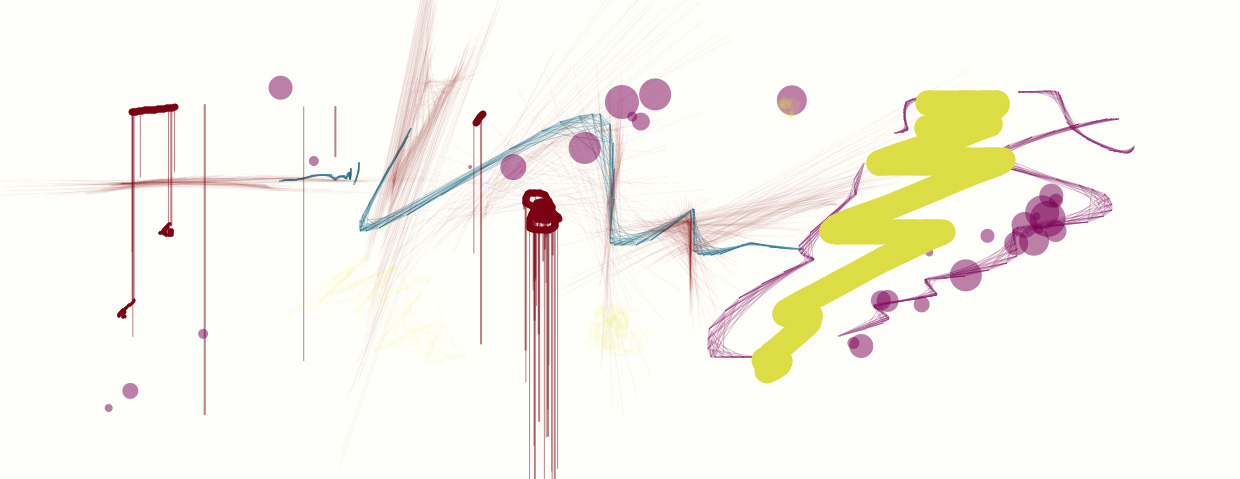

I rarely use a de-esser on vocals. Rather I actually manage the types of noises they reduce manually on the waveform. It’s easy to recognise things like ‘sss’ and ‘fff’ by their noise look and then they can be dropped by as much as 4db using a trim function.
Sure, it can be slow and it means sectioning but it’s just a better option for me as a de-esser can treat some of the noise well and make others sound like a lisp. They’re a. bit all or nothing.
If I do apply a de-essing it’s the Cubase stock one and it’s always a gentle application and always after the first compression.

Are you referring to unmaking audio? I use Steinberg’s SpectrraLayers Pro as I am a Cubase user and whatever the last installation of it becomes resident as an extension but it does run standalone. I use it for things like audio repair and manipulation.
I think the other ‘big name’ in the field would be the RX10
None of them are perfect and it can be quite tricky to isolate to a forensic depth but I also know that SpectraLayers has better tool customisation and thresholds and also better layer management.
I suppose, like most audio things, people will tell you that the one they use os best so I wouldn’t;t just take my word for it.